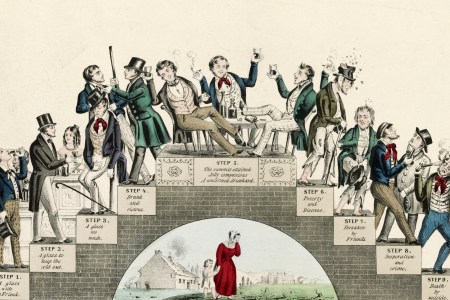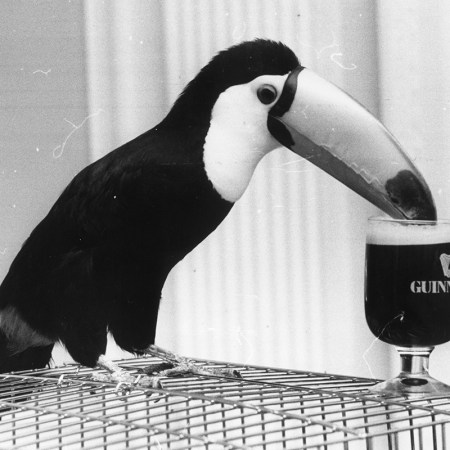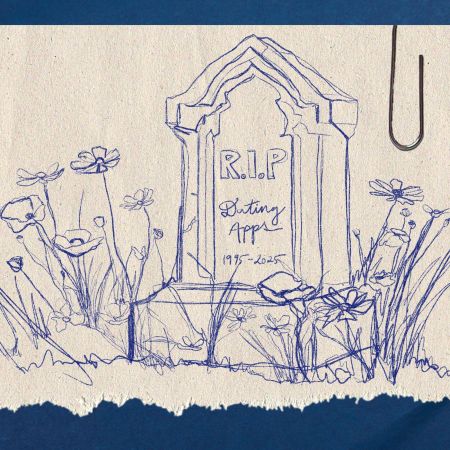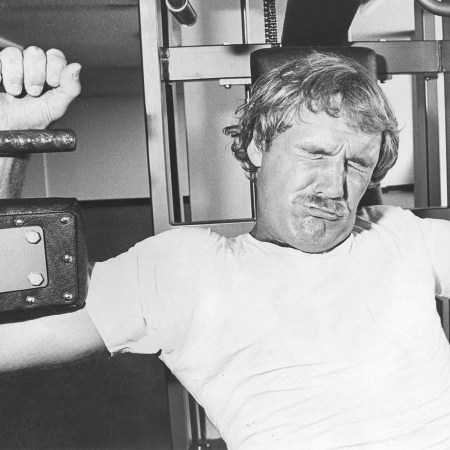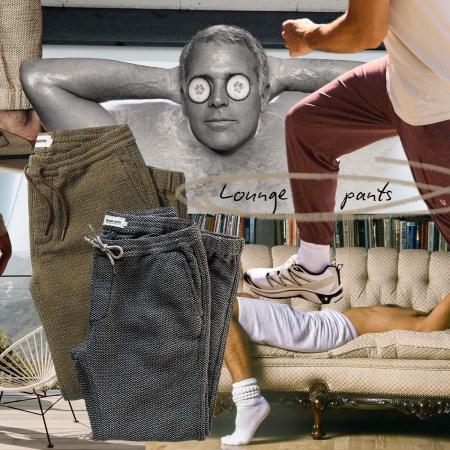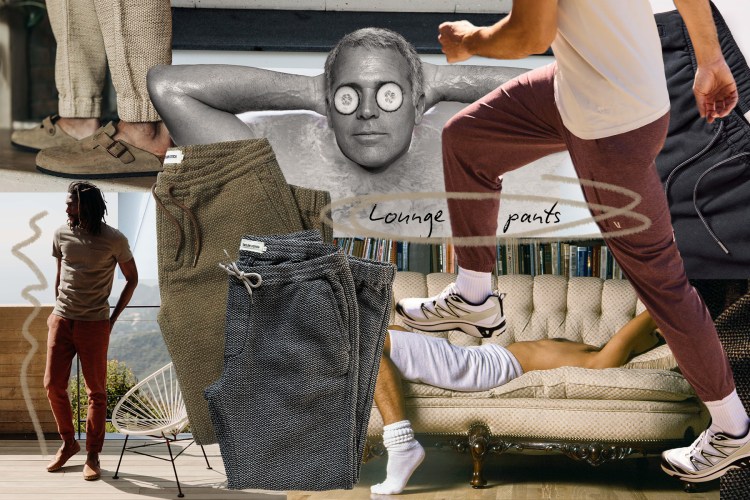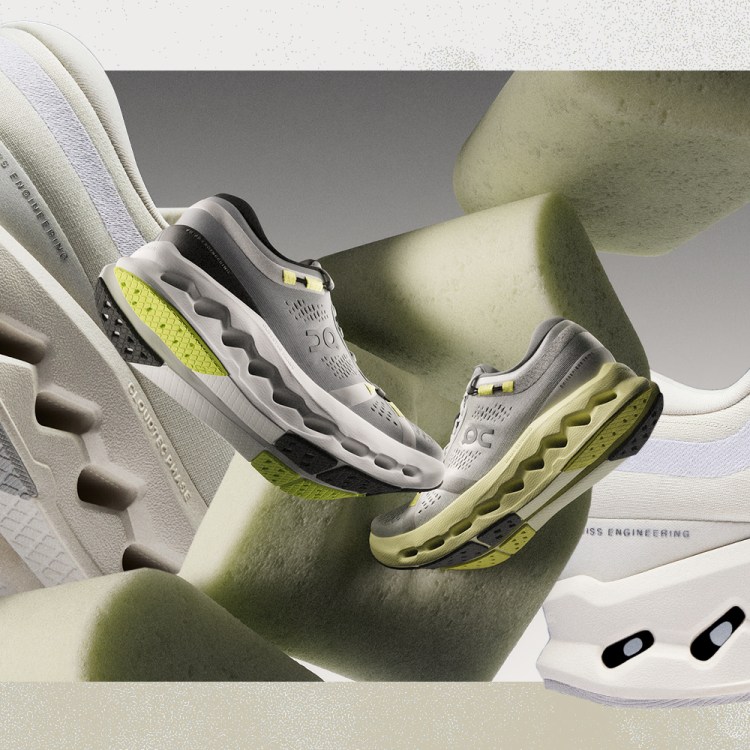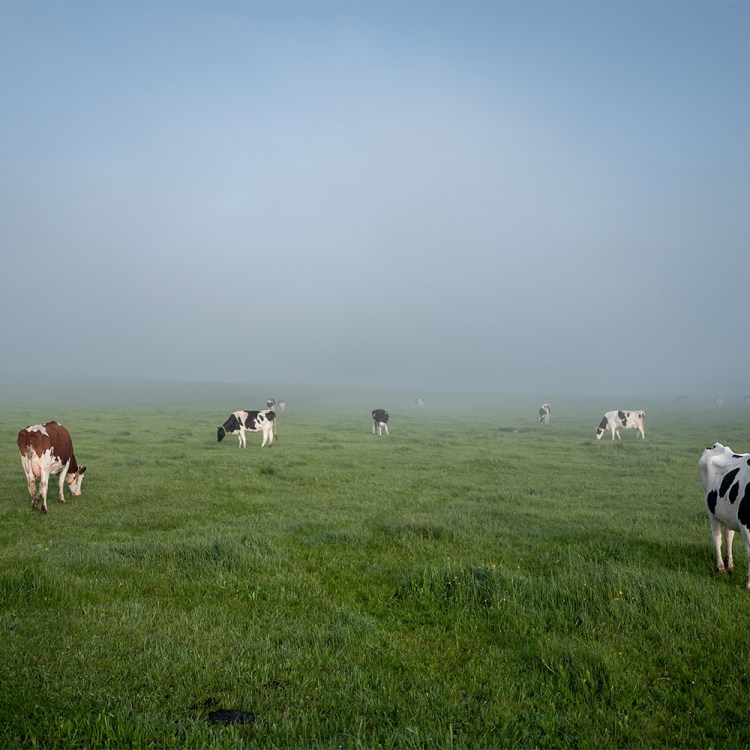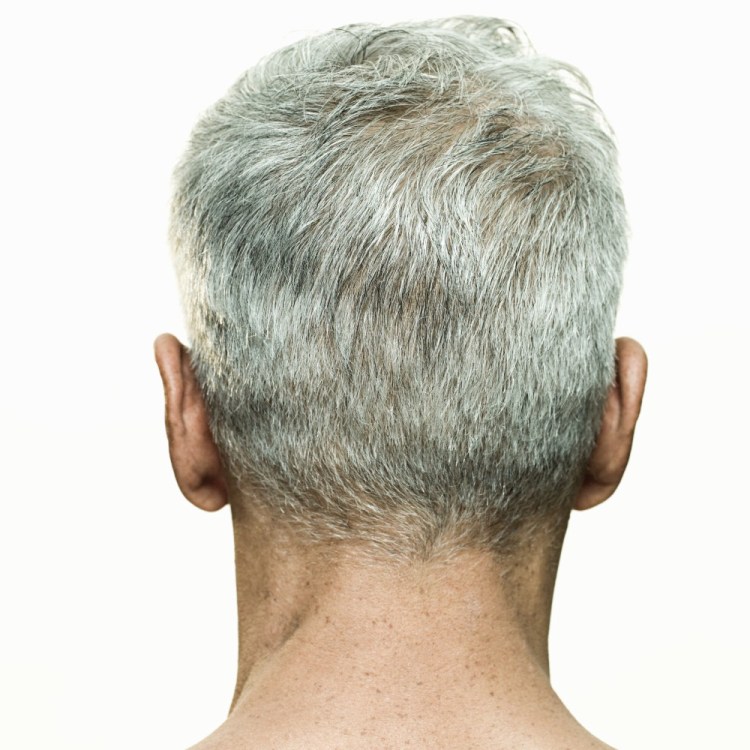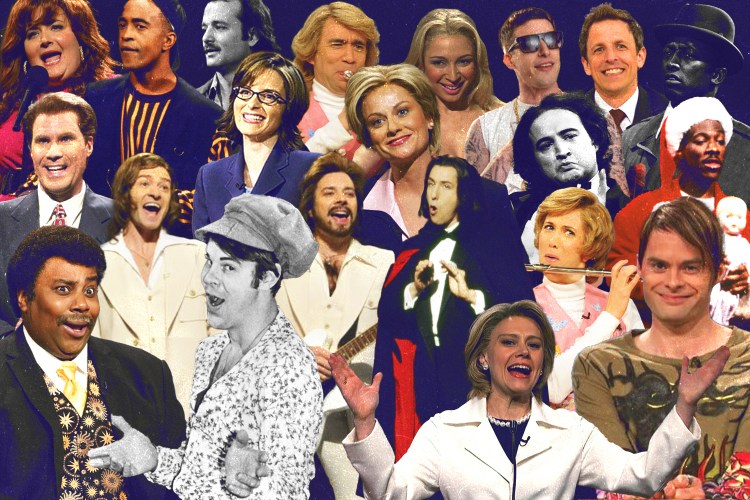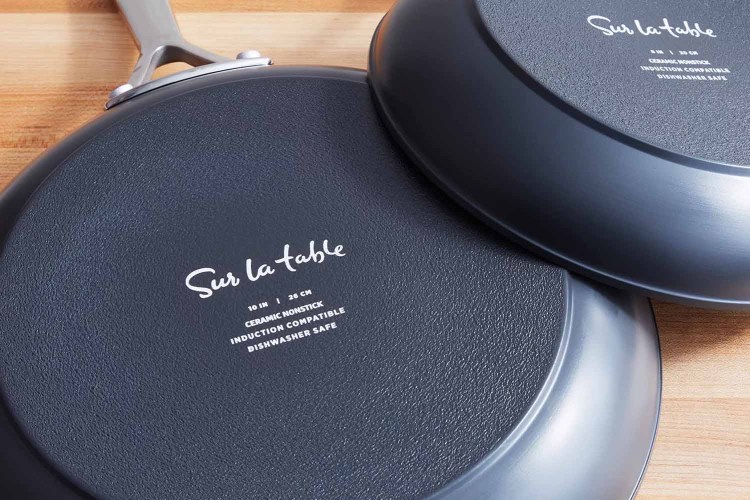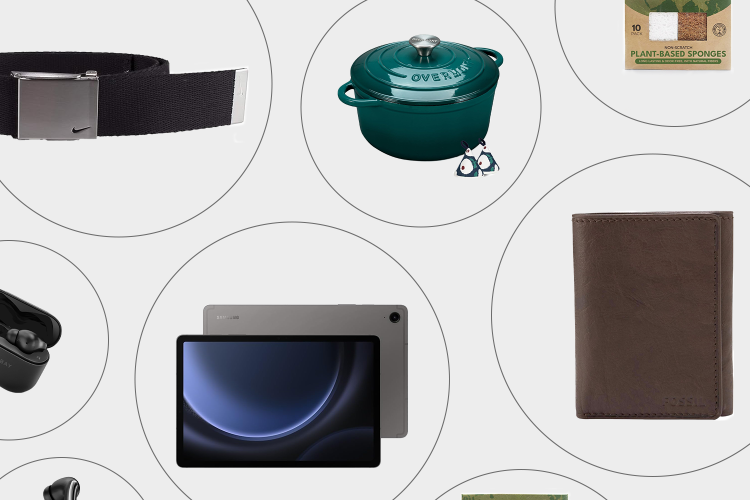I write about alcohol for a living, so Dry January was not really an option for me. But heading into 2025, I wanted to try something called Damp January where I drank less and more mindfully. I also needed a little help, so I tested out Reframe, a popular app that helps people “take control of their drinking habits” without going full-on teetotaler. The app utilizes a mix of neuroscience, community support and habit-building features with a bit of gamification and daily check-ins.
It seems to be doing well. Reframe claims some strong numbers: 3.2 million downloads, with 91% of users noting a substantial decrease in alcohol use within three months. And 40% of users continue with the program (which is paid) over a year.
“If you’re drinking too much, you don’t have a lot of places to turn to for help,” says Vedant Pradeep, co-founder and CEO of Reframe. “You’ve got recovery centers. They’re expensive. And then you’ve got Alcoholics Anonymous — once again, very stigmatic. There’s nothing really in the middle.”
What the Hell Is “Damp January”?
Get to know the surprisingly-not-gross alternative to everyone’s favorite fastThat said, you can’t determine an app’s success or potency by a company’s self-provided data. So I spoke with Pradeep halfway through my Reframe trial about the app’s origin, surprising takeaways they learned from their users and the science behind the program.
“I’ve always been fascinated by this idea of the peak human condition,” Pradeep says, who explains the app started as a way for people to cope with OCD (and those people were often turning to alcohol to self-medicate). “That’s the core vision for Reframe now, to help people achieve the best version of themselves — physically, mentally, emotionally.”
What’s good about Reframe is that it’s not judging you — and it’s certainly allowing you to drink. “Almost every other program relies on willpower,” Pradeep says. “Look, alcohol is a bad coping strategy, but it is a coping strategy. So when you take out alcohol entirely, you’re kind of left with nothing with whatever you’re dealing with, and that’s not good.”

The idea is then to replace alcohol, somewhat, with healthy coping strategies and neuroplasticity (basically, retraining the brain to not jump to alcohol when presented with certain triggers). To achieve these goals, Reframe provides daily reads (“Your Next Drink Could Trigger an Aneurysm,” “Changing Our Brains Through Neuroplasticity,” etc.) along with a nice dose of crowd support. The big question about the app, according to Pradeep, was “How do we make something that is supposedly efficacious also engaging enough for the user to want to try this or make a habit of this?”
The community aspect turned out to be a heavily-requested feature. “We thought of this originally kind of in single-player mode,” Sandeep says. “It turns out community is far more powerful than I thought. We are now home to the largest community of people trying to cut back on alcohol. What we’ve learned is people lean on each other.”
Did Reframe Work for Me?
In the three weeks of using the app, I’ve admittedly forgotten to update my progress several times. But overall, when I do remember to use Reframe, I’ve curtailed my drinking a noticeable amount. Given that my goals were small — I wanted to stop drinking at home when it wasn’t required for work (e.g. tasting a whiskey I’m reviewing) or when it wasn’t a social situation — I’ve largely achieved what I wanted to achieve.
I could do without The Daily Motivation (it’s just a daily motivational quote), and some of the lessons under “Thrive Tips” were a little vague. For example, I often drink when I’m bored, but what I thought was going to be a helpful tip sheet for fighting those boredom binges suggested I find new hobbies and get exercise. Truth, but not something I couldn’t have thought of myself.
The interactive sections kept me engaged. The Daily Check-In is about rating your mood and acts as a mini-journal entry. I appreciate the readings and the science behind Reframe. I haven’t interacted with the app’s community yet, but I feel like that’s useful for people who don’t want to go through this alone.
More importantly, the final thing you do every session is Log Your Drinks. It reminded me of an app I used a few years ago to lose a few pounds — the simple act of writing down what I ate was the most effective tool in getting me ready to attend a summer wedding. Here, it’s simply being given a maximum number of drinks per week and, after logging my alcohol intake, making sure I don’t go over. It’s a bit of private shaming that keeps me modestly imbibing.
The good news is that as a modest drinker, I may find more success in the long run with Reframe. “In our research, about six months in, Damp January users are more likely to keep their target streaks than Dry January users,” Sandeep says.
I’ll toast to that, perhaps with a club soda.
Whether you’re looking to get into shape, or just get out of a funk, The Charge has got you covered. Sign up for our new wellness newsletter today.


